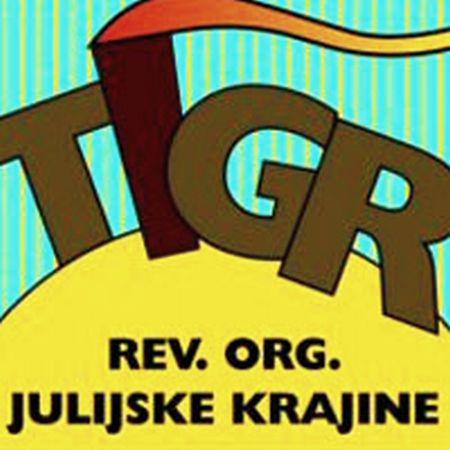When a group of young Slovenian men took up arms against Fascist terror in interwar Italy, they became members of the world’s first anti-Fascist resistance organization. Because of a hostile political environment, however, they were long denied the recognition that their brave actions so richly deserved.
The story began in 1924, when young Slovenian men in territories annexed by Italy after World War I – joined by a smaller number of Croatians – decided to establish an organization that would resist increasing Fascist aggression. They named their organization TIGR – referring to Trieste, Istria, Gorizia, and Rijeka, parts of Italy with large a large Slovenian or Croatian population.
TIGR was formed in response to the Fascist policy of forced Italianization. The Italian authorities had banned Slovenian organizations, shut down Slovenian schools, and attempted to destroy all traces of Slovenian culture. They even banned the use of the Slovenian language in the public, and forced people to change their names to the closest Italian equivalents.
TIGR responded to the oppression to organizing attacks on Italian military personnel, Fascist police officers, and even political figures. Many of its actions were successful, and TIGR soon acquired the reputation of a well-organized – and feared -- anti-Fascist movement. Some members even planned to assassinate Benito Mussolini.
But the Italian authorities struck back. Reprisals against members of TIGR were common. Four young members of the organization were executed in 1930, followed by four more in 1941. More killings followed when World War II broke out. Ultimately, TIGR was all but wiped out. Many of its members ended up in concentration camps, but a few managed to join the Partisan resistance.
Even though they were mostly liberal nationalists rather than Communists, former members of TIGR supported the anti-Fascist uprising organized by the Liberation Front. The Liberation Front was run by the Communists, however, and many of its headline members were suspicious of TIGR. After the war, all mentions of TIGR were removed from history books and several generations grew up without any knowledge of the interwar resistance movement. It wasn’t until the political liberalization of the 1980s that articles and books about TIGR began to appear in Slovenia.
Since independence, members of TIGR have finally been officially recognized as Slovenian heroes and the first Europeans to have stood up against the jackboot of Fascist oppression.


































































